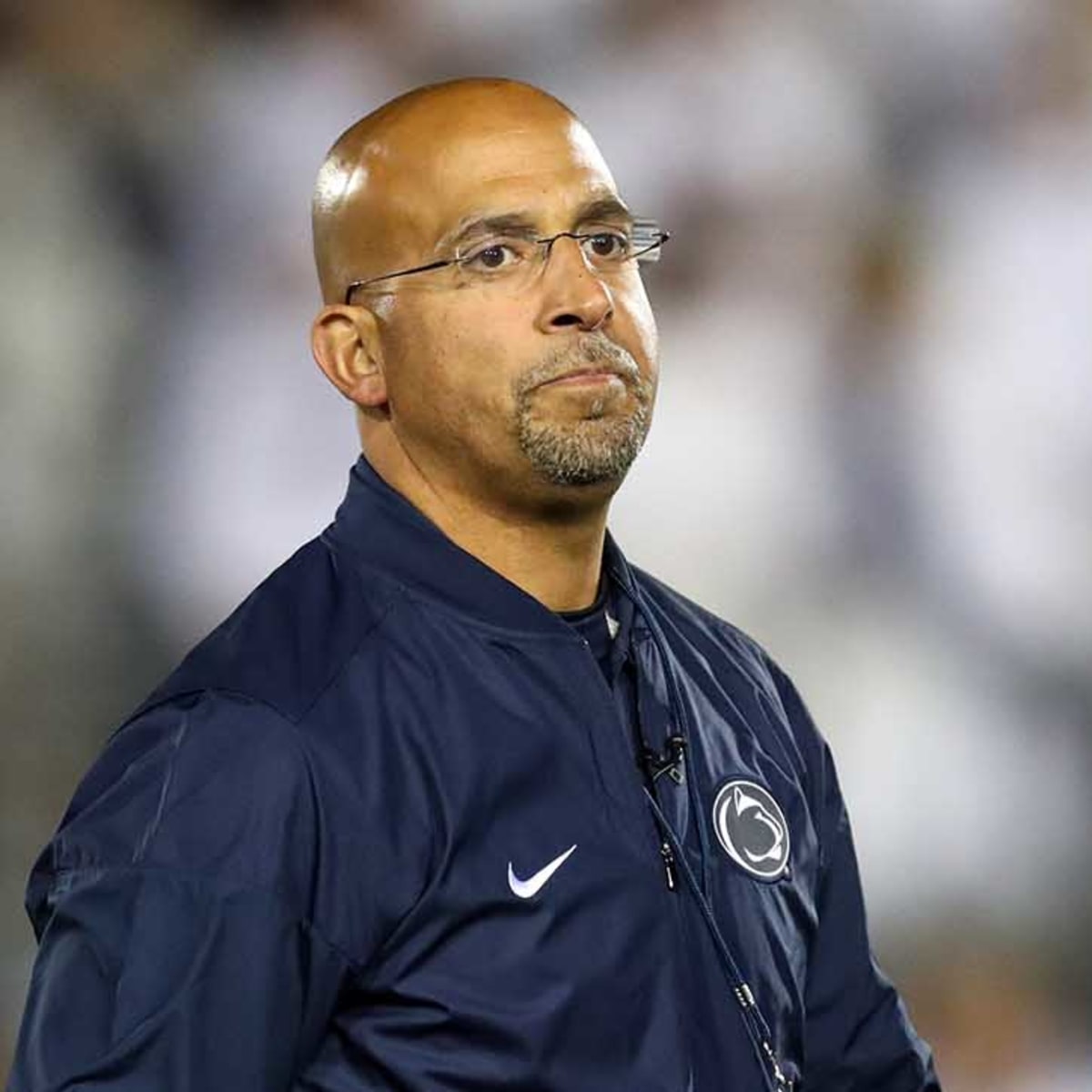ESPN report: After ten years at Penn State, James Franklin Explained how he was Forced to Stay.

James Franklin considered the question, leaning back in his chair. After ten years at Penn State, was he as content as he had imagined?
Because of a building renovation, he was sitting in a temporary office two floors below his previous office in the Lasch Football Building. He wasn’t out of place, though. The makeshift room was decorated with the jerseys of his former teammates as he sat comfortably at a table.
He took a breath and responded.
“Yes,” he said, appearing to be thinking back on the previous ten years in a single instant.
“I believe that, as coaches and individuals age, if one is not cautious, the victories at a university like Penn State can occasionally turn into an expectation,” Franklin remarked. “And the fans, players, coaches, and everyone else might all find the losses extremely difficult and taxing. I just try so damn hard not to be that man. But it’s difficult to resist.
With a contract that keeps him firmly in his seat for as long as he sees fit and ten years’ worth of data to guide it into the future, Franklin now comfortably sits atop a program that he helped restore and consistently places among the top 15 in the nation.

Rebuilding an application
Even though Franklin is as happy as he could be, he still wishes he had known more before being employed on January 11, 2014.
He joined an NCAA-sanctioned program after leaving a Vanderbilt program he had rebuilt, which he claims he now advises against because patience’s expectations are never realized. In the wake of the Jerry Sandusky scandal, the Nittany Lions were hit with a four-year postseason ban as well as scholarship reductions that reduced the total number of scholarships awarded on the roster from 85 to 65 (starting in 2014) and the number of players the program could accept in a year from 25 to 15.
“The job was much harder than I think people realize, but I knew where I was coming from and what I was following. I didn’t know a lot of the details about some of the severity of the rules that were in place that weren’t really public,” he added.
Those restrictions were placed on Franklin’s program during his first offseason as head coach, however they were quickly lifted in September 2014. But the harm had already done to some extent.
“There was definitely an emotional challenge when everything happened here,” he remarked. But the roster was really really good. After a few years, you can no longer hire at the same level due to what transpired here. Then, the amount of scholarships is lower than it was a few years ago since you haven’t recruited as well. Although folks may have focused on a few really high-level commits, I believe that the class as a whole and the depth of the recruitment were different.
The group needed to immediately make up for their mistakes. Andy Kotelnicki, the new offensive coordinator at Penn State, stated that Franklin shouldered more credit than he did for turning the team around as quickly as he did.
Kotelnicki remarked, “He does not nearly get enough credit for being as consistently good as Penn State has been.” Not nearly given enough credit. This is the biggest rebuilding and turnaround the nation has ever seen. And to do it on a regular basis in the league they participate in? That is really challenging. I said as much before I even started working here, but after seeing it in action? It’s really amazing.
fights that were won
Franklin believed he needed to address other problems in order to improve the program’s standing, even though the sanctions itself were a struggle in and of themselves.



